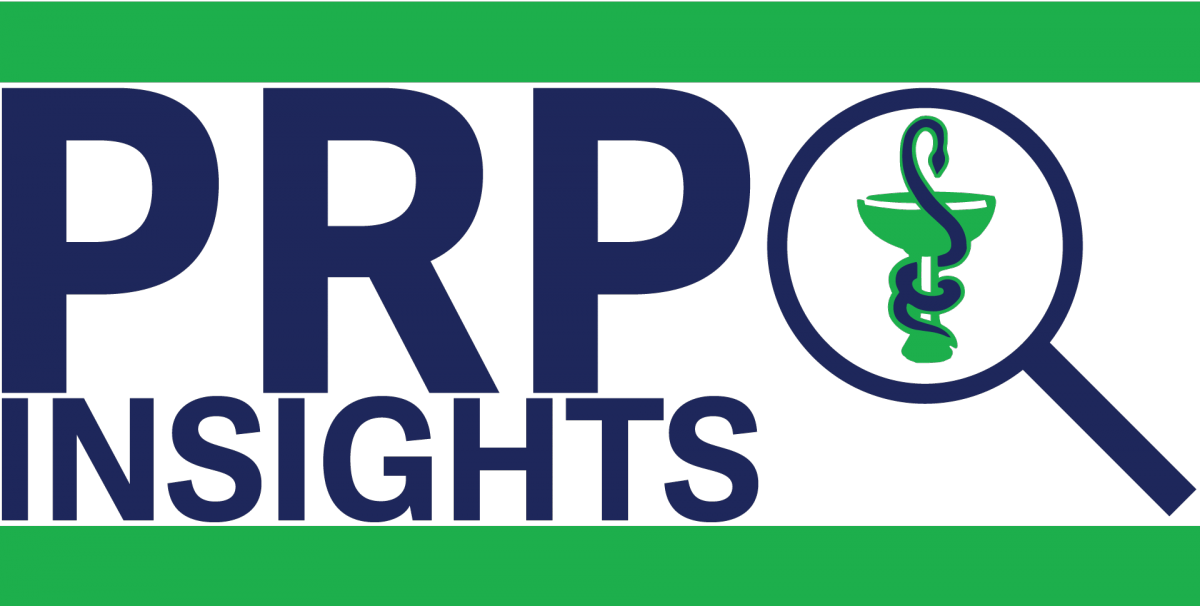Hospital Pharmacies Providing Pharmacy Services to Outpatients: Releasing Medications
Compliance Officers conducting hospital pharmacy practice reviews have noticed that the requirements for providing pharmacy services to outpatients may not be fully understood by all registrants.
This article focuses on clarifying the requirements for patient counselling and releasing medications to outpatients in a hospital pharmacy setting.
What is an Outpatient?
An outpatient is a patient who receives medical treatment and/or is prescribed medications without being admitted to a hospital. It is important to note that as per Health Professions Act (HPA) - Bylaw Schedule F Part 2 s. 4(5), a hospital pharmacy that is providing pharmacy services to an outpatient must follow the Community Pharmacy Standards of Practice, which states:
“All drugs dispensed to staff, outpatients or the general public from a hospital pharmacy or hospital pharmacy satellite must be labeled and dispensed according to the Community Pharmacy Standards of Practice.”
|
Community Pharmacy Standards of Practice (HPA Bylaw Schedule F Part 1 s. 12(1)): “…a full pharmacist must consult with the patient or patient’s representative at the time of dispensing a new or refill prescription in person or, where not practical to do so, by telephone.” Full counselling requirements, for both new and refill prescriptions, are outlined in HPA Bylaw Schedule F Part 1 s. 12(4) and (5), and are also summarized in our previously published article, PRP Insights: Counseling in Community Pharmacy. |
It is important to emphasize that every prescription, both new and refill, requires counselling by the pharmacist. Compliance Officers have observed pharmacy technicians and pharmacy assistants offering counselling by simply asking “Do you have any questions for the pharmacist?” This is not acceptable. Similarly, a pharmacist simply asking the patient if they have any questions is also not acceptable.
In providing quality care, the pharmacist’s responsibility extends beyond simply providing the patient with the right drug. Pharmacists need to ensure that the patient knows about the medication they are taking and understands how to take it appropriately to optimize therapy and promote adherence.
Remember, the right patient, taking the right drug, at the right dose, at the right time, but in the WRONG way can still compromise the drug’s effectiveness and ultimately the patient’s safety.
PRP SUPPORT TOOLS – COUNSELLINGIn order to help registrants prepare for reviews, complete action items, and improve their practice, the College has developed a suite of PRP Support Tools. For a comprehensive outline of Counselling in community practice, please consult the Counselling Support Tool. PRP Support Tool – Counselling |
In some instances, Compliance Officers have observed medications being released to outpatients by pharmacy technicians, without pharmacist counselling. In many of these cases, the pharmacy technician handed out the medication and asked the patient if they had any questions for the pharmacist. If the patient said “no,” the pharmacy technician would document that counselling was refused.
It is important to note that all new and refill prescriptions must be counselled by a full pharmacist, and that this must be documented by the full pharmacist as per HPA Bylaw Schedule F Part 1 s. 6(4)(g).
Similarly, any refusal of counselling must be documented by the full pharmacist as per HPA Bylaw Schedule F Part 1 s. 12(2).
Registrants should be mindful of this requirement when an outpatient comes to the counter to pick up medications.
NAPRA’s Model Standards for Pharmacy Technicians reiterates the responsibility of pharmacy technicians in ensuring that dispensing steps are being completed:
NAPRA’s Model Standards for Canadian Pharmacy Technicians
Pharmacy technicians, when distributing drugs, release prescription products
|
 Share
Share



